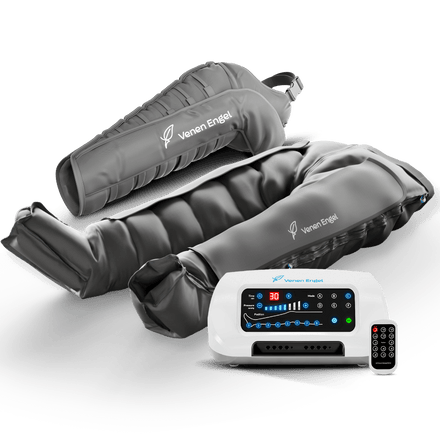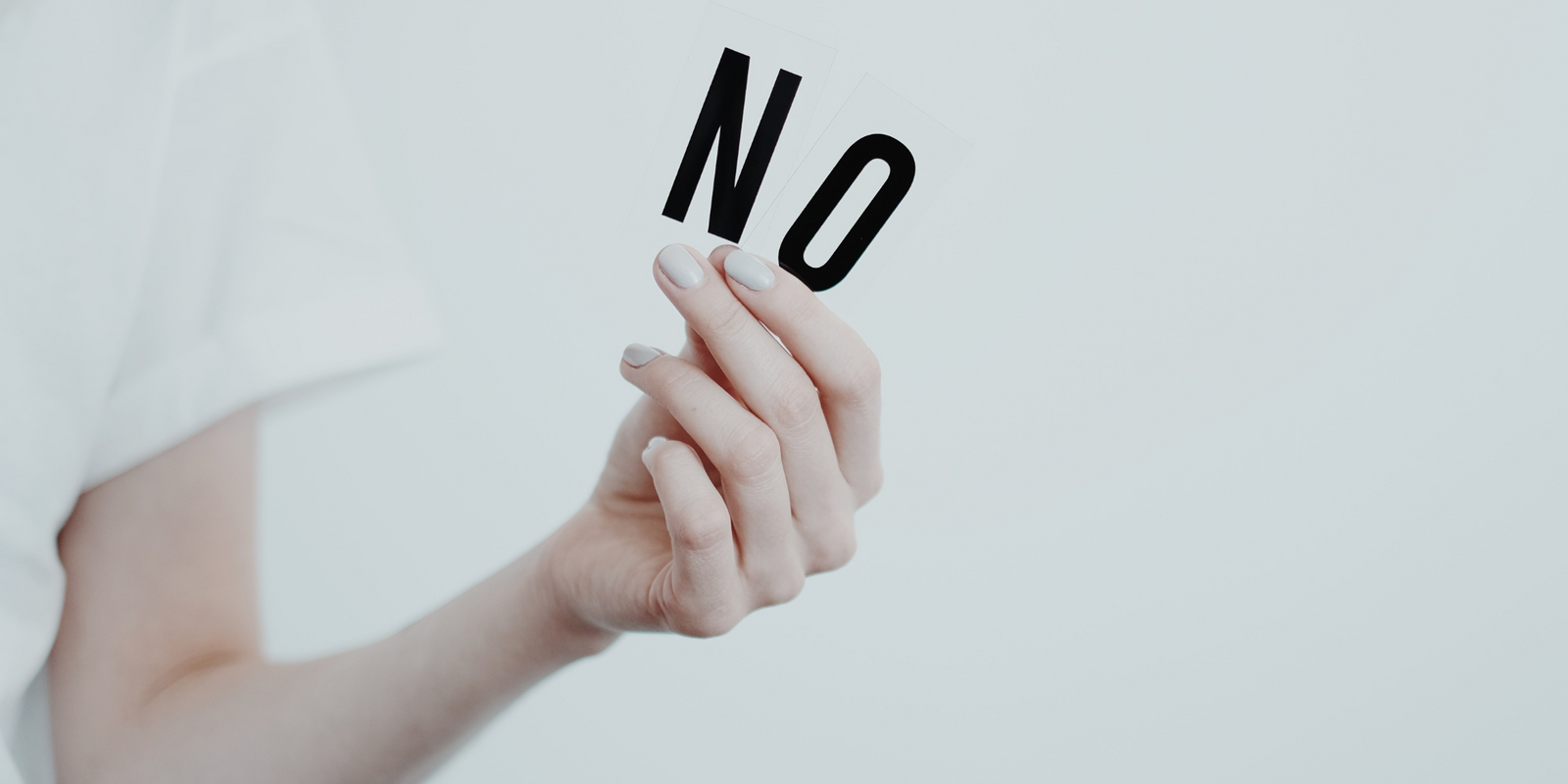Imagine waking up with swollen legs, arms and a heavy buttocks. You eat a balanced diet and exercise regularly, and yet your weight keeps fluctuating. The reason could be water retention. This problem of water retention can have several causes. However, one of the most common greens is a wrong diet. In this article, we would like to introduce you to exactly those foods that can contribute to water retention and should therefore be limited by you as much as possible.
What is water retention?
While cellulite develops from inflammation of the subcutaneous tissue, water retention consists of the accumulation of fluids in the extracellular (outside the cell) or interstitial (inside the cell) spaces. Among the fluids that are not disposed of due to an alteration of the lymphatic and venous systems are also numerous toxins that affect cellular metabolism, which is already starved of oxygen, and worsen its condition.
The result of this process is edema, which is a swelling under the skin caused by fluid accumulation that occurs mainly in the areas of the body that are most prone to fat accumulation: abdomen, hips, buttocks and legs. Consequently, there is a tendency to consider water retention as one of the causes of obesity, although in reality it should be emphasized that this disorder does not cause significant weight gain.
On the contrary, obesity is a condition that can promote the occurrence of water retention. It is a pathological condition that is not usually accompanied by painful symptoms, but is manifested by a feeling of heaviness and swelling in the affected areas.
In fact, it is not uncommon for many women who suffer from water retention to notice the problem when they have difficulty wearing tight-fitting clothing, or when shoes and straps leave noticeable marks on the skin due to pressure on the swelling.
In these cases, it is possible to determine the presence of water retention by performing a urinal analysis to identify the levels of mineral salts it contains or by performing a manual test.
Simply apply pressure with a finger for a few seconds to a part of the body affected by the disorder and observe whether the imprint left after release is well defined. If this is the case, water retention is almost certainly present.
Signs of water retention
So how do you recognize water retention in the body? Water retention is typically first noticed because of swelling in the extremities. In addition, one indication of water retention is difficulty losing weight despite dieting efforts. However, the physical signs are more obvious. Physical signs of water retention include swollen ankles and unexplained weight gain over a short period of time. In addition, rings may no longer fit and the abdomen may feel swollen.
One way to find out if your body is retaining water is to gently press your foot, ankle, or calf with slow, steady pressure with your thumb. If edema is present, a depression will show on the skin. Professional evaluation to determine the cause of the leg swelling is still necessary.
It is possible to store up to 3 kilograms of water weight, most of which is stored in the fluid that surrounds cells throughout the body. Overweight people tend to store more water because they eat more calories and, as a result, tend to consume higher amounts of sodium, which contributes greatly to water retention.
Certain types of edema can cause moderate discomfort in the area where excessive fluid buildup occurs. Carpal tunnel syndrome, morning stiffness, and headache may accompany the swelling. Water retention may also be mistaken for premenstrual syndrome or exacerbate an existing premenstrual syndrome.
Causes of water retention
Water retention is caused by a imbalance between the venous and lymphatic systems or by poor circulation.
If these conditions are not caused by other more serious problems such as kidney dysfunction, chronic inflammation and hypertension, or hormonal imbalances, the cause is nutrition and lifestyle.
Unhealthy eating habits, diets based on high-calorie, high-sugar or overly salty foods are factors that significantly affect the higher sodium concentration in the body, causing the body to retain more fluid.
In addition to diet, the lifestyle you lead is also crucial to the occurrence of the problem. Some bad
habits such as smoking or substance abuse can interfere with proper cellular function.
Also, wearing too tight clothes or too high heels, standing still for long periods of time, and not being physically active on a regular basis
are factors that contribute to the worsening of poor microcirculation.
Finally, obesity due to bad diet and stress, which stimulates the production of cortisol, must also be considered.

How can diet contribute to water retention?
Our diet plays a major role in the development of water retention and can cause or increase it.
Whoever eats a lot of salt or salty foods favors water retention. Because already 8 grams of salt bind circa one liter of water in the body. Excess carbohydrates can also lead to water retention. They are stored in the form of glycogen in the muscle and liver cells.
Circa 150 grams in the liver and up to 600 grams (depending on training level) in the muscles can store our body of it. Since 1 gram of glycogen binds about 3 grams of water, can be so fast times 1.5 kilos more on the scale.
If the water retention over a longer period of time does not disappear, we recommend you to visit a doctor. Because even if the majority of water retention can be explained by diet, a disease of the kidney can also be behind it.
These are the foods you should avoid if you have water retention
What should we avoid if we have water retention? What foods in our diet should be taken in moderation or eliminated altogether? We know that some foods hinder or slow down the elimination of toxins and excess fluids, promoting accumulation and therefore water retention. What are they?

Too much salt:
Salt is rich in sodium and can prove to be one of the main causes of water retention. Therefore, it is important to keep its quantities to a minimum when preparing our dishes.
Cured meats and sausages:
They may be good and inviting, but they contain a lot of fat and salt, which can be really harmful in case of fluid accumulation and retention.


Foods rich in saturated fats:
To avoid the "orange peel effect", it is better to avoid red meat and derivatives, aged cheese, butter and especially elaborate sauces.
Coffee:
Coffee slows down the outflow of
body fluids, it is better to take it in small quantities.


Refine flours:
If you suffer from water retention, we advise you to reduce your consumption of white flour and replace them with whole grain flours and unrefined grains.
Alcohol:
Alcohol can promote flatulence as well as hinder the elimination of toxins and excess fluids, especially spirits.


Sugar and
sugary drinks:
Like salt, sugar causes bloating and in large quantities it can also cause weight gain. So perfect, for the appearance of water retention is.
Fruit combined with vegetables and cereals:
Fruit should not be eaten together with vegetables and cereals. If fruit is consumed, we should have a break of 2 hours before eating our meals.
Eating a fruit after a meal is not recommended even in traditional Indian medicine like Ayurveda. Fruits are digested faster than vegetables and grains, if we do not pay attention and combine them all, it will lead to bloating and
swelling in the body.

How can you reduce water retention?
One way to reduce water retention is to increase potassium intake by eating healthy foods such as vegetables and fruits. These foods contain nutrients that prevent blood vessels from leaking fluid into tissue spaces. It is recommended to eat potassium-rich foods instead of taking potassium supplements.
In addition to potassium, taking vitamin B6 or pyridoxine may also help.
Skipping junk food and cutting down on pizza, canned soups and cereals or other foods that are high in chemical additives, salt and sugar are also necessary compromises. It is important to reduce consumption of high-sodium foods because too much sodium in the blood can affect tissues, causing them to retain water.
Some doctors also recommend drinking unsweetened herbal teas, as tea helps reduce water retention. Finally, wearing compression stockings, which exert high pressure on the ankles, can also be effective.
Here are some tips to reduce water retention:
Limit your sodium intake
Avoid highly processed foods and refined carbohydrates
Drink 8-12 glasses of fluid (water or unsweetened tea)
Eat more citrus fruits and green leafy vegetables
Avoid processed meats and sausages
Include high-fiber foods in your diet
Eat small meals at regular intervals
Regular exercise is also necessary. Activities such as cycling and walking can also help to pump out all the water or other fluids in the ankles and legs.
Physical exercise actually helps dilate blood vessels. Water retention can also occur in people in long-haul flights, hospital beds and wheelchairs because they lack regular body movement and thus excess fluid is not removed from the tissue spaces.
People with desk jobs should take breaks to walk around the office and regularly stand or do certain exercises.








